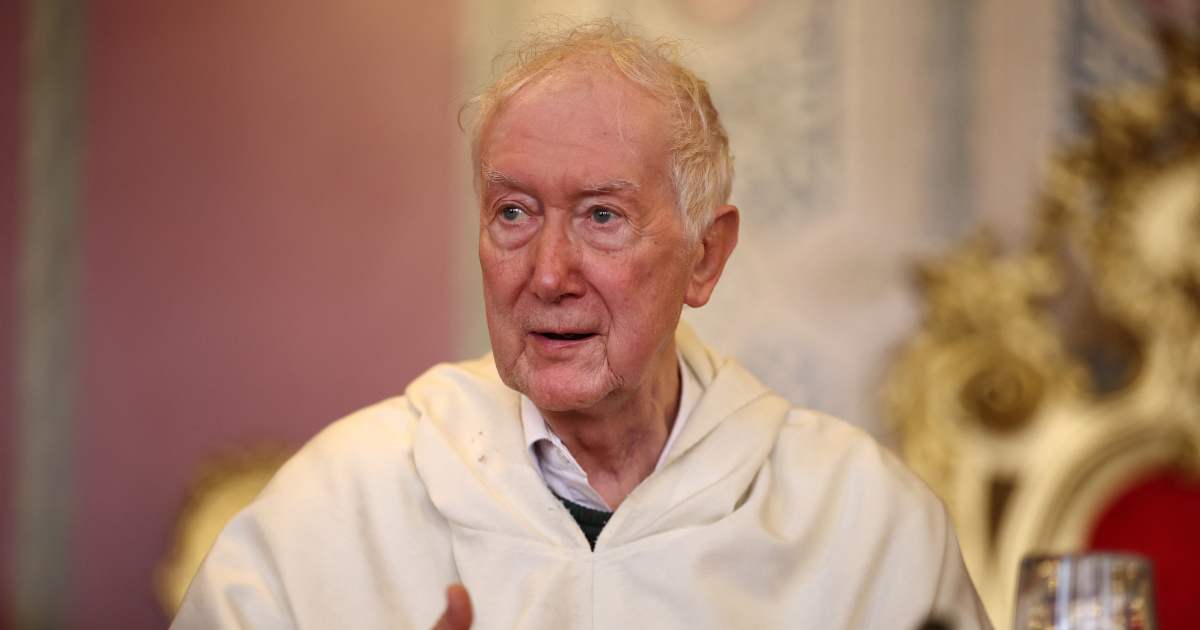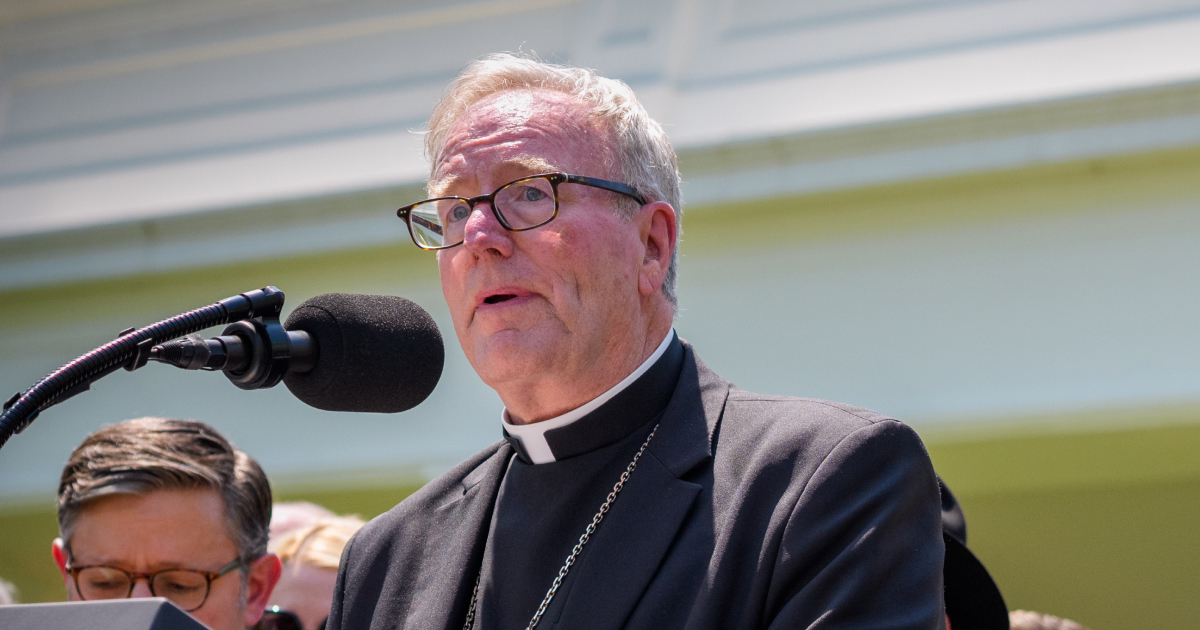The US Department of Health and Human Services has uncovered evidence that organ procurement organisations in the country have in some cases begun harvesting organs from patients who were not yet dead.
The findings were made public by the Health Resources and Services Administration following an investigation into the Network for Hope, the federally designated organ procurement body responsible for Kentucky, parts of West Virginia and south-western Ohio.
HRSA reviewed 351 cases where donation had been authorised but not completed. In over a hundred of those cases, investigators found serious irregularities. These included the presence of brain stem reflexes and other signs of neurological activity in patients whose organs were removed.
In at least 28 cases, HRSA concluded that patients may not have been deceased at the time that procurement began. In some cases, donation proceeded even though doctors had not confirmed death. In others, patients were transported from their hospital beds for organ retrieval without undergoing any meaningful neurological evaluation at all. In more than a dozen cases, staff failed to observe the five-minute wait period that is required after death is confirmed by circulatory criteria.
The investigation was triggered after the Department received concerns about the practices of the OPO in question. The Organ Procurement and Transplantation Network had previously closed its own review of the matter without referring it for independent scrutiny. Officials at HRSA decided to reopen the case. The HRSA administrator said that many of the patients in question had been referred for donation on the basis of overdose or suicide. In such cases, the precise cause of death had often not been fully established before procurement commenced. In one example cited by the agency, a patient was transported from a hospital to a procurement facility despite continuing to display signs of life. The receiving team was not informed. The man died during transport.
HRSA said the problems identified were not limited to a single location. The agency reported similar issues in several other OPOs, including serious failures in communication, consent protocols, and death determination procedures. It stated that, while most transplants are carried out in accordance with proper medical and legal guidelines, the findings pointed to systemic failings. It also noted a sharp rise in circulatory-death donations, a category of donation that requires greater precision in establishing the moment of death. Between 2021 and 2024, the number of such donors doubled. They now represent a significant proportion of the national organ supply.
As a result of the findings, HRSA has ordered a full independent review of the implicated organ procurement organisation. The current OPTN case will be re-examined and a corrective action plan is being imposed. Any hospital or member of staff will now be permitted to halt the donation process if there is concern that the patient is still alive. The five-minute waiting period after circulatory death will be strictly enforced. Additional measures will be introduced to ensure that OPOs coordinate with physicians on site and that consent procedures are properly followed. Network for Hope has said it is cooperating fully with the review.





.png)











